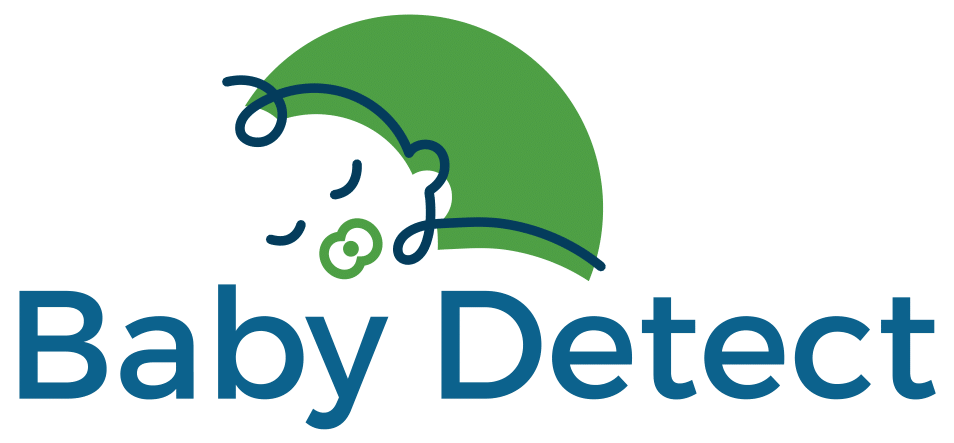(CYP21A2, CYP11B1, CYP11A1, CYP17A1, HSD3B2, POR, StAR genes)
- The disease
Congenital adrenal hyperplasia (CAH) is a group of autosomal recessive disorders encompassing enzyme deficiencies in the adrenal steroidogenesis pathway that lead to impaired cortisol biosynthesis. Depending on the type and severity of steroid block, patients can have various alterations in glucocorticoid, mineralocorticoid, and sex steroid production that require hormone replacement therapy.
- Most CAH cases result from 21-hydroxylase deficiency, known as the classical form (CYP21A2 gene) and the others are non-classical forms of the disorder. There are two classifications of CAH due to 21-hydroxylase deficiency: simple virilizing CAH, with cortisol deficiency, and salt wasting CAH, with both cortisol and aldosterone deficiency.
- These hormones are essential to glucose metabolism and salt reabsorption and when untreated, infants with CAH may very quickly develop adrenal insufficiency, hypoglycaemia, metabolic acidosis, dehydration, shock and even death. In both forms of CAH, there is excess androgen production, which may cause precocious puberty.
- The symptoms
Symptoms at birth vary, depending on the type of CAH and gender of the infant.
- Female infants with 21-hydroxylase deficient CAH usually have some degree of virilization (ambiguous genitalia), due to their exposure to excessive androgen levels in utero. Virilization with sexual ambiguity in these untreated female infants often leads to an early diagnosis.
- Male infants with CAH are typically asymptomatic at birth, although they may have an enlarged penis and scrotum with increased pigmentation. Lack of early signs or symptoms does not exclude the diagnosis.
- In severe cases, salt wasting becomes evident short in life. Symptoms of salt wasting CAH include frequent urination and, in some cases, poor feeding. By 2-3 weeks, failure to thrive, unexplained vomiting, poor feeding, hypovolemia, and shock may occur. Infants with CAH who are not diagnosed and treated early are particularly susceptible to sudden death in the first few weeks of life.
- In older children, CAH may result in rapid growth and precocious puberty with premature skeletal maturation.
- Actions to take in case of early diagnosis:
- Measurement of serum 17 hydroxy-progesterone level and serum electrolytes are also recommended.
- The seriousness of CAH requires follow-ups for ALL abnormal test results, although monitoring of preterm or sick neonates in a neonatal intensive care setting may be in charge of the neonatologist.
- Treatment for CAH includes lifelong daily medication. Regular follow-up by a multidisciplinary team, including paediatric endocrinologists, surgeons, gynaecologists, psychologists, is important. Lifelong hormone replacement therapy is needed to treat adrenal insufficiency and to decrease elevated androgen hormone levels to allow for normal health, growth and puberty.
- Hydrocortisone is usually given to children as glucocorticoid (GC) replacement therapy (10-15mg/m2/day divided into 2 or 3 doses) and 9 alpha-fludrocortisone for mineralocorticoid (MC) replacement. Dosage is monitored and should be increased during times of stress or intercurrent disease.
- In cases of salt wasting CAH (accounting for ~75% of classic CAH patients), in addition to hydrocortisone, fludrocortisone is prescribed to correct aldosterone deficiency. Infants and small children with salt wasting CAH also may require salt supplementation.
- There is a risk of developing acute adrenal insufficiency and other complications due to chronic hyperandrogenemia in case of poorly controlled disease.
- Excessive treatment with GC causes cushingoid features, metabolic and cardiovascular disturbances. Excess MC causes hypertension.
- Female infants with ambiguous genitalia may require reconstructive surgery.
- Although children with CAH are usually healthy, any illness (e.g., fever, vomiting or injury) requires prompt notification and physician evaluation.
- Treatment is not curative and does not prevent all the complications of CAH. Long-term management, monitoring and compliance with treatment recommendations are essential to the child’s well-being.
- All siblings of infants diagnosed with CAH should be tested and genetic counselling services should be offered to the family.
- For more information:
